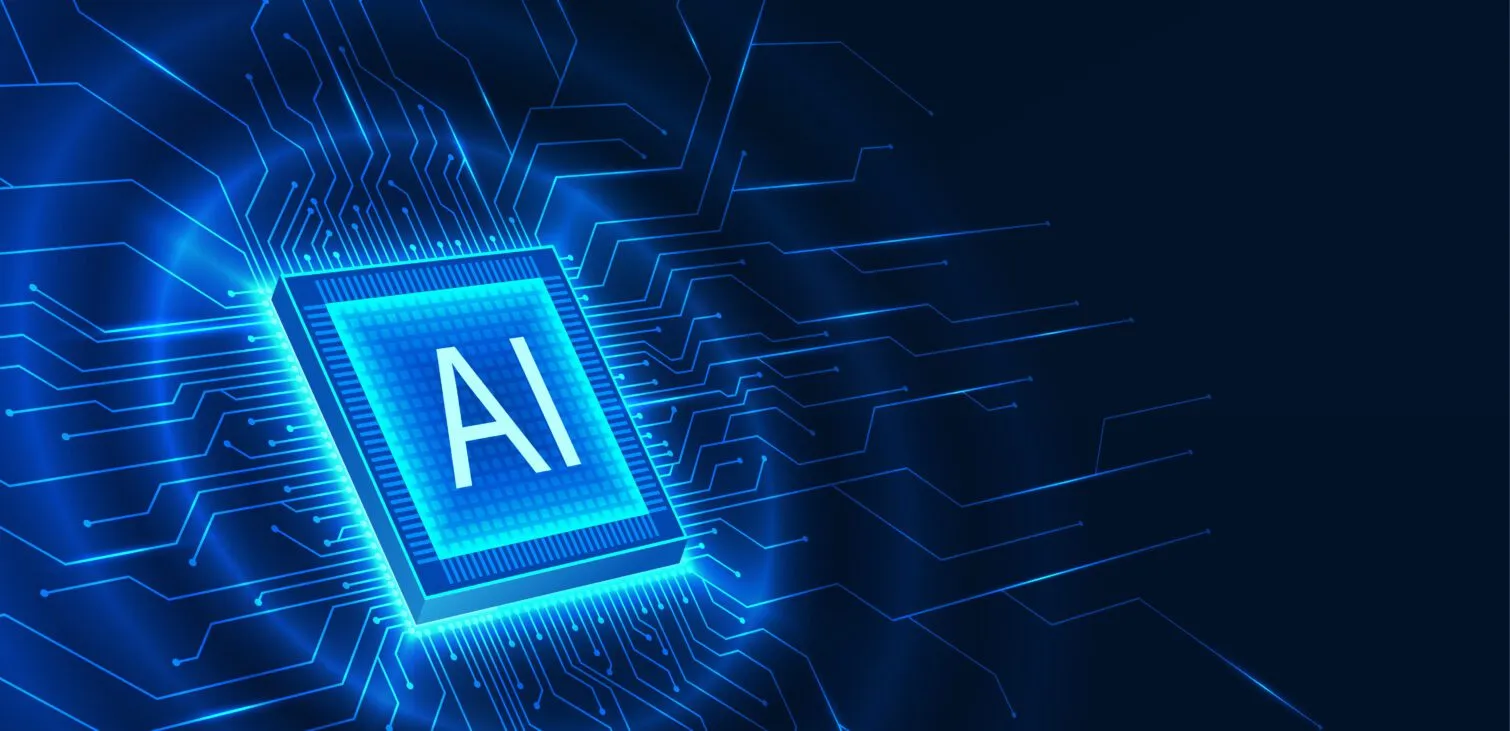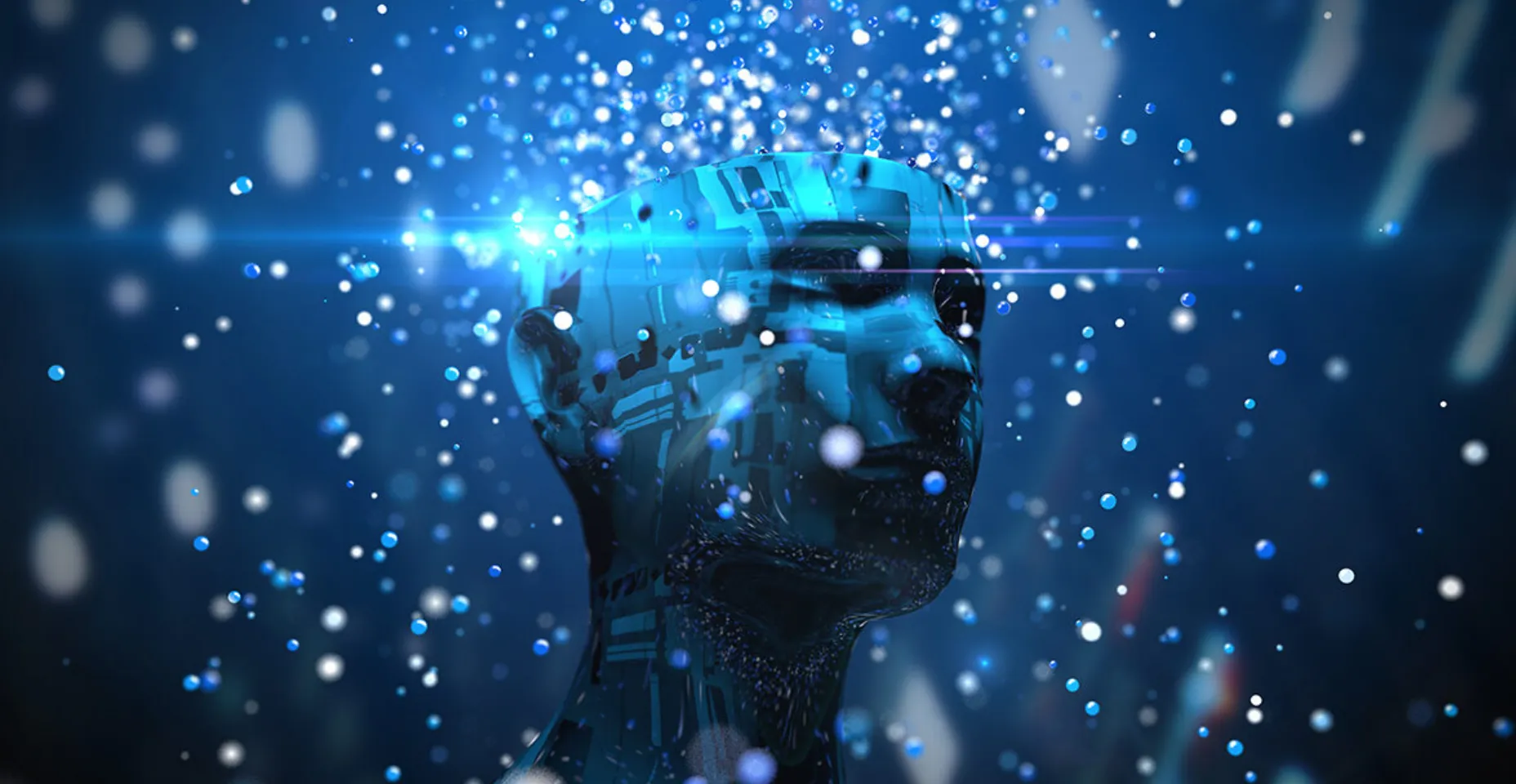In a surprising twist to the tale of artificial intelligence, the very aspect of AI that many criticize—its tendency to “hallucinate” or generate plausible yet false information—has played a pivotal role in groundbreaking scientific achievements. This phenomenon, while often viewed as a flaw, has proven to be an invaluable tool for scientists, including David Baker, a recent Nobel laureate in chemistry.

The Story of David Baker and His Nobel Victory
David Baker, a distinguished scientist from the University of Washington, captured the world’s attention in October when he was awarded the Nobel Prize in chemistry. Baker was recognized for his pioneering use of computer software to design a novel protein—an accomplishment that stands out not just for its scientific brilliance but also for its reliance on what some might consider an AI shortfall: the ability to hallucinate.
In an enlightening discussion with the New York Times prior to the Nobel announcement, Baker highlighted the significance of AI’s imaginative capacity in his research. “AI hallucinations were central to making proteins from scratch,” Baker explained. His lab’s innovative approach has led to the design of approximately 10 million new proteins, none of which occur naturally in the world. This creative process showcases AI’s power to transcend traditional boundaries and venture into uncharted scientific territories.
The Potential of AI Hallucinations in Scientific Discovery
The concept of AI hallucinations refers to the technology’s ability to create information it deems true. To the untrained eye, this information often appears entirely factual, presenting scenarios that, while not real, are convincingly plausible. While this characteristic of AI has drawn criticism from the public and some sectors of the scientific community, Baker’s work illustrates its potential benefits.

Amy McGovern, principal investigator at the federal AI institute AI2ES, also commented on the public perception of AI, suggesting a shift in perspective is needed. “The public thinks it’s all bad,” McGovern told the NYT, “But it’s actually giving scientists new ideas.”
Echoing this sentiment, James Collins, a professor of biological engineering at MIT, praised AI’s hallucinatory capabilities for accelerating his research into novel antibiotics. “We’re exploring,” Collins said. “We’re asking the models to come up with completely new molecules.”
Nobel Committee’s Recognition and Future Prospects
Interestingly, the Nobel Prize committee appeared unbothered by Baker’s reliance on AI’s less grounded traits in his research, instead lauding his team’s ability to continuously produce “one imaginative protein creation after another.”
Looking forward, Baker is optimistic about the role of AI in advancing science, particularly in developing proteins that could potentially tackle the abnormal protein structures believed to be linked with neurodegenerative diseases such as Alzheimer’s.

Embracing AI’s Imaginative Flaws
David Baker’s story is a compelling reminder of the unconventional paths innovation can take. By harnessing the imaginative errors of AI, scientists like Baker are not only challenging the status quo but are also paving the way for significant medical and scientific advancements. In the realm of scientific research, it seems, AI’s ability to err is not just a bug, but a feature—one that could lead to the next big breakthrough.










